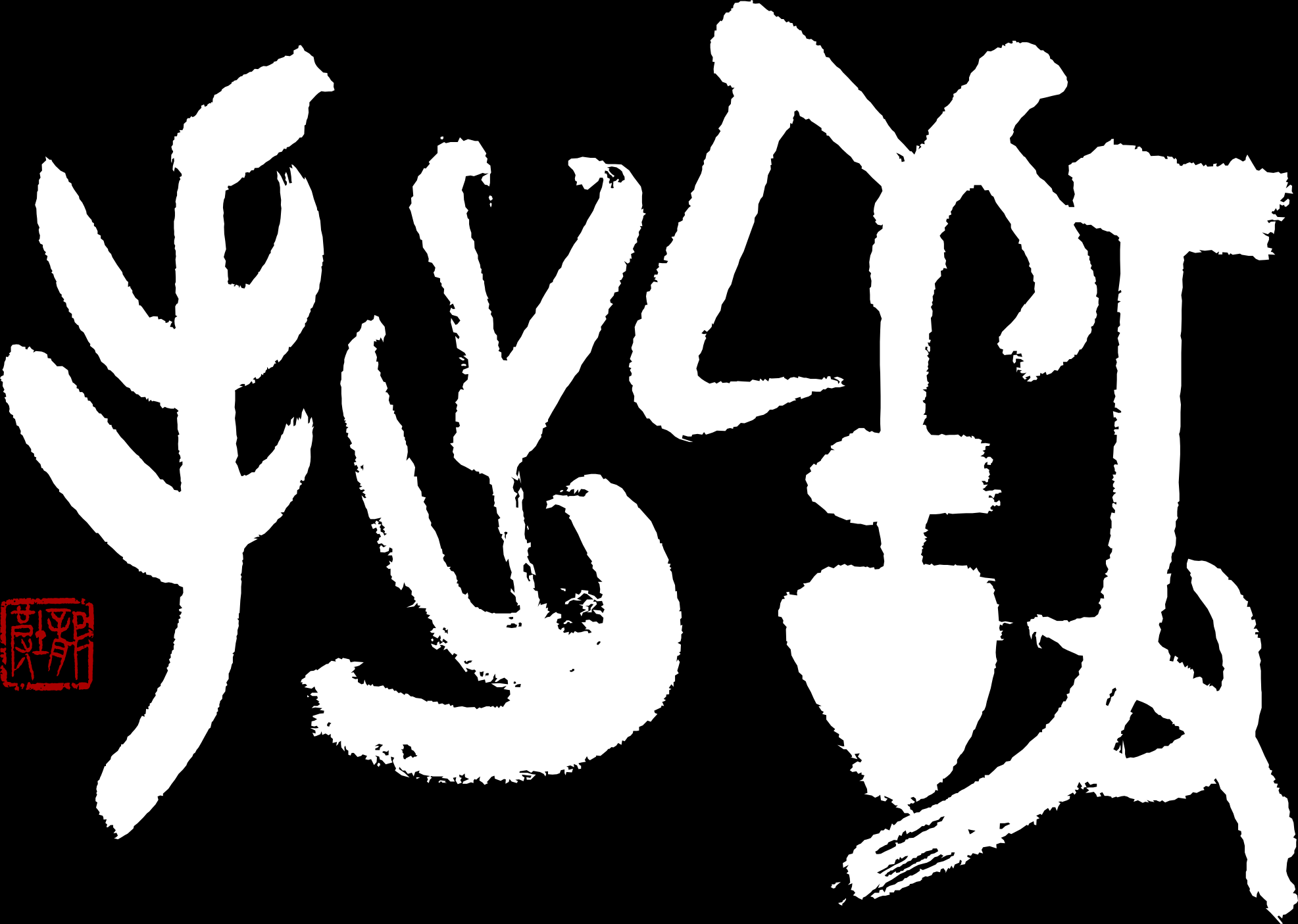| Get Ready! | Listen to the Japanese repeatedly and practice until you can say it smoothly. |
| ① | Repeat each question and answer three times. |
| ② | Your teacher will ask you the questions. Give your own answers. |
| ③ | Ask your teacher the questions and listen to their answers. |
| Pay special attention to the keywords. |
| 001 |  |
| 何 | |
| なん | |
| Question 🔊 | Model answer 🔊 |
|
表示 ▶
漢: お名前は何ですか? 漢: 私の名前はボッブです。 |
|
| 002 |  |
| 初めまして | |
| はじめまして | |
| Question 🔊 | Model answer 🔊 |
|
表示 ▶
漢: 初めまして。よろしくお願いします。 漢: 初めまして。よろしくお願いします。 |
|
| 003 |  |
| いくつ | |
| いくつ | |
| Question 🔊 | Model answer 🔊 |
|
表示 ▶
漢: おいくつですか? 漢: 25歳です。 |
|
| 004 |  |
| 元気 | |
| げんき | |
| Question 🔊 | Model answer 🔊 |
|
表示 ▶
漢: お元気ですか? 漢: はい。元気です。 |
|
| 005 |  |
| あなた | |
| あなた | |
| Question 🔊 | Model answer 🔊 |
|
表示 ▶
漢: あなたはケンですか? 漢: いいえ。私の名前はボッブです。 |
|
| 006 |  |
| 好き | |
| すき | |
| Question 🔊 | Model answer 🔊 |
|
表示 ▶
漢: 犬が好きですか? 漢: はい。犬が好きです。 |
|
| 007 |  |
| あなた | |
| あなた | |
| Question 🔊 | Model answer 🔊 |
|
表示 ▶
漢: あなたは日本人ですか? 漢: いいえ。私はイギリス人です。 |
|
| 008 |  |
| 好き | |
| すき | |
| Question 🔊 | Model answer 🔊 |
|
表示 ▶
漢: 猫が好きですか? 漢: いいえ。猫が好きではありません。 |
|
| 009 |  |
| できます | |
| できます | |
| Question 🔊 | Model answer 🔊 |
|
表示 ▶
漢: サッカーができますか? 漢: はい。サッカーができます。 |
|
| 010 |  |
| できます | |
| できます | |
| Question 🔊 | Model answer 🔊 |
|
表示 ▶
漢: 水泳ができますか? 漢: いいえ。水泳ができません。 |
|
| Activity | Guess the question – part 1 |
| ① | Your teacher will say their own answers. Try to guess the questions. |
| ② | How many can you guess correctly in 30 seconds? |
| 001 |  |
| 何 | |
| なん |
| 002 |  |
| 初めまして | |
| はじめまして |
| 003 |  |
| いくつ | |
| いくつ |
| 004 |  |
| 元気 | |
| げんき |
| 005 |  |
| あなた | |
| あなた |
| 006 |  |
| 好き | |
| すき |
| 007 |  |
| あなた | |
| あなた |
| 008 |  |
| 好き | |
| すき |
| 009 |  |
| できます | |
| できます |
| 010 |  |
| できます | |
| できます |
|
Timer
30
|
|
Counter
0
|
| Activity | Guess the question – part 2 |
| ① | Now say your own answers. Your teacher will try to guess the questions. |
| ② | How many can you guess correctly in 30 seconds? |
| Listen In | Listen to the dialogue and answer the following questions. |
| ① | Can this person swim? |
| ② | How old is this person? |
| ③ | Does this person like cats? |
| Fill In ① | Use hiragana to fill in the missing words in the questions and your own answers. |
| Q001 | お-なまえ は [ ] です [ ]? |
| A001 | わたし の [ ] は [ ] です。 |
| Q002 | [ ]。よろしく おねがいします。 |
| A002 | はじめまして。[ ] おねがいします。 |
| Q003 | お-いくつ [ ] か? |
| A003 | [ ]-さい です。 |
| Q004 | お-[ ] です か? |
| A004 | [ ]。げんき [ ]。 |
| Q005 | あなた [ ] けん です か? |
| A005 | いいえ。[ ] なまえ は [ ] です。 |
| Q006 | いぬ が [ ] です か? |
| A006 | [ ]。いぬ が すき [ ]。 |
| Q007 | [ ] は にほん-じん です か? |
| A007 | いいえ。わたし は [ ]-じん [ ]。 |
| Q008 | ねこ [ ] すき です [ ]? |
| A008 | [ ]。ねこ が すき [ ]。 |
| Q009 | さっかー [ ] できます [ ]? |
| A009 | [ ]。さっかー が [ ]。 |
| Q010 | すいえい が [ ] か? |
| A010 | [ ]。すいえい が [ ]。 |
| Fill In ② | Now do the same using kanji, etc. |
| Q001 | お名前は[ ]です[ ]? |
| A001 | 私の[ ]は[ ]です。 |
| Q002 | [ ]。よろしくお願いします。 |
| A002 | 初めまして。[ ]お願いします。 |
| Q003 | おいくつ[ ]か? |
| A003 | [ ]歳です。 |
| Q004 | お[ ]ですか? |
| A004 | [ ]。元気[ ]。 |
| Q005 | あなた[ ]ケンですか? |
| A005 | いいえ。[ ]名前は[ ]です。 |
| Q006 | 犬が[ ]ですか? |
| A006 | [ ]。犬が好き[ ]。 |
| Q007 | [ ]は日本人ですか? |
| A007 | いいえ。私は[ ]じん[ ]。 |
| Q008 | 猫[ ]好きです[ ]? |
| A008 | [ ]。猫が好き[ ]。 |
| Q009 | サッカー[ ]できます[ ]? |
| A009 | [ ]。サッカーが[ ]。 |
| Q010 | 水泳が[ ]か? |
| A010 | [ ]。水泳が[ ]。 |
| Zoom In | Substitute the words and talk about these topics. |
| Topic 1 | 動物・どうぶつ・dō·bu·tsu = Animals |
| 006 |  |
| 好き | |
| すき | |
| Question 🔊 | Model answer 🔊 |
| Question pattern |
| 犬 が好きですか? |
| いぬ が すき です か? |
| Answer pattern 1 |
| はい。犬 が好きです。 |
| はい。いぬ が すき です。 |
| Answer pattern 2 |
| いいえ。犬 が好きではありません。 |
| いいえ。いぬ が すき で は ありません。 |
| Variant |
| はい。犬 が大好きです。 |
| はい。いぬ が だいすき です。 |
| Vocabulary | ||
| 1 | 犬・いぬ = dog(s) | 挿入 |
| 2 | 猫・ねこ = cat(s) | 挿入 |
| 3 | 魚・さかな = fish | 挿入 |
| 4 | 鳥・とり = bird(s) | 挿入 |
| 5 | 牛・うし = cow(s) | 挿入 |
| 6 | 馬・うま = horse(s) | 挿入 |
| 7 | 羊・ひつじ = sheep | 挿入 |
| 8 | 虎・とら = tiger(s) | 挿入 |
| 9 | 熊・くま = bear(s) | 挿入 |
| 10 | 蛇・へび = snake(s) | 挿入 |
|
Timer
|
30
|
|
|
Counter
|
0
|
| Notes | Japanese nouns are both singular and plural. For example, 犬・いぬ・inu can mean “dog” or “dogs.” We can usually understand whether a speaker is referring to just one dog or several dogs from the context.
If we need to make it clear that we are talking about several things, we can use counters. For some nouns, we can repeat the noun to make it plural. |
| Topic 2 | スポーツ・すぽーつ・su·pō·tsu = Sports |
| 009 |  |
| できます | |
| できます | |
| Question 🔊 | Model answer 🔊 |
| Question pattern |
| サッカー ができますか? |
| さっかー が できます か? |
| Answer pattern 1 |
| はい。サッカー ができます。 |
| はい。さっかー が できます。 |
| Answer pattern 2 |
| いいえ。サッカー ができません。 |
| いいえ。さっかー が できません。 |
| Variant |
| はい。サッカー が得意です。 |
| はい。さっかー が とくい です。 |
| Vocabulary | ||
| 1 | サッカー・さっかー = soccer | 挿入 |
| 2 | 水泳・すいえい = swimming | 挿入 |
| 3 | テニス・てにす = tennis | 挿入 |
| 4 | 野球・やきゅう = baseball | 挿入 |
| 5 | ボクシング・ぼくしんぐ = boxing | 挿入 |
| 6 | 柔道・じゅうどう = judo | 挿入 |
| 7 | クリケット・くりけっと = cricket | 挿入 |
| 8 | 相撲・すもう = sumo | 挿入 |
| 9 | アメフト・あめふと = American football | 挿入 |
| 10 | 卓球・たっきゅう = table tennis | 挿入 |
|
Timer
|
30
|
|
|
Counter
|
0
|
| Notes | Many sports have katakana names (imported from English and other foreign languages). Sports which became popular in Japan early in the 20th century, such as baseball and table tennis, have Japanese (kanji) names. Sports which did not become popular until more recently have katakana names.
Long imported words or phrases are often shortened in Japanese to make them easier to say. |
| Talk More Technique | ① Showing interest |
| そうか。 |  |
| そう か。 | |
| 🔊 | |
| I see. |
| スゲー! |  |
| すげー! | |
| 🔊 | |
| Wow! |
| Sample Dialog | |||
| A: | 犬が好きですか? | A: | いぬ が すき です か? |
| B: | はい。犬が好きです。 | B: | はい。いぬ が すき です。 |
| A: | そうか。蛇が好きですか? | A: | そう か。ヘビ が すき です か? |
| B: | はい。蛇が好きです。 | B: | はい。ヘビ が すき です。 |
| A: | スゲー! | A: | すげー! |
| Talk Longer | Use the questions in this unit, the patterns in the Zoom In section, and the Talk More Technique to have a longer conversation with your teacher. |
| 何 |  |
| なん |
| 初めまして |  |
| はじめまして |
| いくつ |  |
| いくつ |
| 元気 |  |
| げんき |
| あなた |  |
| あなた |
| 好き |  |
| すき |
| あなた |  |
| あなた |
| 好き |  |
| すき |
| できます |  |
| できます |
| できます |  |
| できます |
| そうか。 |  |
| そう か。 |
| スゲー! |  |
| すげー! |
|
Timer
|
2:00
|
|
|
|
| Write Up | Use the questions and answer patterns in this unit to write about your teacher. |
| ① | Make notes of your teacher’s answers to the questions in this unit. |
| ② | Then, try to write the full sentences using kanji, etc. |
| Subject | he ~ : | 彼は~・かれ は~・ka·re wa ~ | ||
| she ~ : | 彼女は~・かのじょ は~・ka·no·jo wa ~ | |||
| Possessive adjective | his ~ : | 彼の~・かれ の~・ka·re no ~ | ||
| her ~ : | 彼女の~・かのじょ の~・ka·no·jo no ~ |
| Q001 | |
| Notes: | [ ] なまえ は [ ] です。 |
| In kanji, etc: | |
| Q003 | |
| Notes: | [ ] [ ]-さい です。 |
| In kanji, etc: | |
| Q006 | |
| Notes: | [ ] いぬ が すき [ ]。 |
| In kanji, etc: | |
| Q007 | |
| Notes: | [ ] [ ]-じん です。 |
| In kanji, etc: | |
| Q008 | |
| Notes: | [ ] ねこ が すき [ ]。 |
| In kanji, etc: | |
| Q009 | |
| Notes: | [ ] さっかー が [ ]。 |
| In kanji, etc: | |
| Q010 | |
| Notes: | [ ] すいえい が [ ]。 |
| In kanji, etc: |
